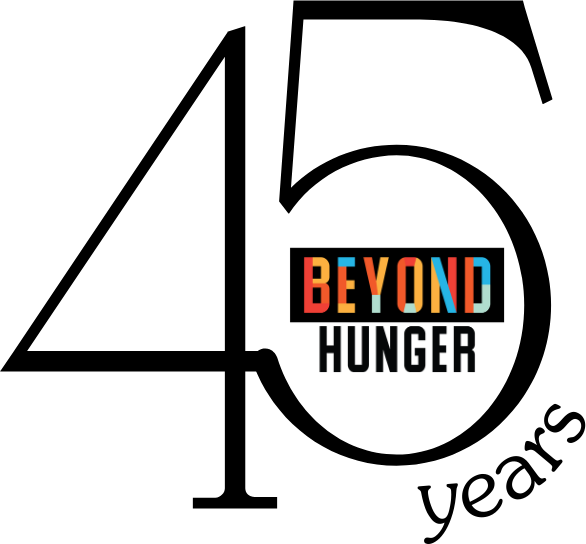Can Something Be Important if I Don't Understand It?

Can something be important if I don’t understand it? Poetry comes to mind, and science, and mathematics too.
When I was younger and brash, I used to say that a poem should be universally “available”, that is if found loose on the sidewalk, picked up by any passerby, and read…it should be readily understood by any person of reasonable intelligence.
propertiesThat stance was in response to esoteric poems loaded with references and meanings beyond my ken. Everything depends on a red wheelbarrow. People come and go speaking of Michelangelo. This is the way the world ends, not with a bang but a whimper.
The only emperor is the emperor of ice cream. Chemistry makes sense all the way up to but not into nor beyond organic chemistry, at least as coursework.
Sodium and chlorine are 2 poisons that combine to make a substance we all need a little of and cannot do without. Somehow frozen water floats on top of liquid water underneath clouds of water vapor that don’t fall out of the sky.
And how else to describe photosynthesis, the sun’s energy juicing carbon dioxide and water into making sugars and oxygen than to say it is an absolute miracle of nature?
Miracles can almost not be explained.
Then there’s mathematics, the language of science, the argot of imaginative thinking that describes and explains and probes whose practitioners occupy a head realm so complex and unusual that most all of the rest of us know enough to keep our distance lest we prove our incapacity. I give you calculus, a system of thought derived by Sir Isaac Newton in his effort to describe the nature of the world, a world we only experience in the simplest fashion while the mathematicians conceive of it in whirls and whorls.
Watch an astronaut floats around the International Space Station and it invigorates the sense of wonder. But the only way the astronaut got there and gets home is by way of science and mathematics. The only way the astronaut can drink water is by chemistry’s clever trick of recycling one’s own waste water.
Chemistry and mathematics join engineering to power and aim the rockets that as the poetic lines goes, loose the bonds of earth, and on the way home keep the encapsulated human beings from burning up on reentry. Maybe what ties together each of these human endeavors is that each one gives a certain kind of pleasure.
Imagination is something that we exercise to envision the thing that is not present, and some people have the capacity to see things that do not yet exist.
Like Newton.
Like the person who figured out stainless steel.
Like the brains behind the computer.
Like so many other discoveries and inventions whose creators benefit our modern existence.
It takes more than imagination though. It takes hard work. Long hours of learning a subject and then maybe connecting it to a related area that somehow fashions an idea that works to address a need or solve a problem.
It often involves a struggle to get beyond the nagging petty issues in any endeavor, not to mention the doubt of its efficacy or one’s abilities. It takes courage to work through the long apprenticeship, the difficulties, the naysayers and doubters.
When something finally succeeds, it is because of great sacrifice and endurance. In a small way, this describes the Food Pantry, someone’s idea realized in a site where staff designs, donors provide, volunteers lend a hand an institution hosts people who are hungry find sustenance.
It’s a small miracle every bit as profound as poetry, science and mathematics.
The Food Pantry engineers a way for human beings to care for one another in a deeply meaningful way.
I don’t have to understand it to know it’s important.
